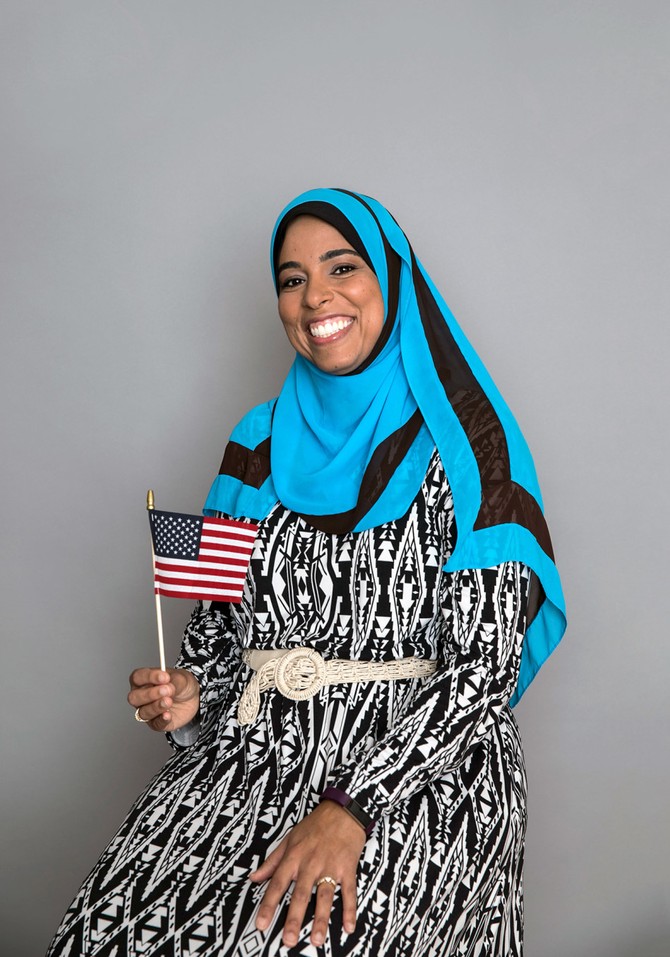11 Everyday Heroes Who Bring Healthcare to Those in Need
From an intrepid oncologist to a tween activist to a journalist turned patient advocate, this year's superstars have one thing in common: a need to help others.
Mona Megahed, MD
The Refugee's Refugee
The calls flood in, often ten or 12 a day. Some callers speak fluent English; others, almost none. A mother of three with a kidney problem who hasn't urinated in 48 hours. A man whose terrible ear pain isn't responding to antibiotics. A woman puzzling over her mammogram and ultrasound results (she recognizes "malignancy" but not "low suspicion"). In each case, the need is urgent, and the refrain is the same: "Everyone said to call Dr. Mona."
Dr. Mona is Mona Megahed, MD, 39, an Atlanta-area pediatrician who's made it her second job to provide healthcare to the refugees around her, solving their medical problems herself when she can and getting creative when she can't. With a phone call here and an arm twist there, she finds the specialist—oral surgeon, internist, you name it—whose services are required and often finagles a discount to boot.
The daughter of Egyptian immigrants, Megahed discovered her avocation in 2015, when she was living in New Jersey and attended a volunteer event at a local Islamic center. There she met 11 Syrian refugee families who told her about their high cholesterol, diabetes, hepatitis C, and more. It was a true aha moment: Megahed realized she could use her Arabic skills and her physician contacts to give the families medical care.
The demand for her fairy-godmothering was immediate and nonstop. And it only increased in 2016, when she and her family moved to a neighborhood less than an hour from the refugee hub of Clarkston, Georgia. Known as "the Ellis Island of the South," Clarkston has 12,700 residents, up to half of whom are current or former refugees. Megahed swiftly got involved with a local aid group and then helped turn it into a chapter of the Syrian Community Network, which assists refugees transitioning to the U.S.
If you can't read the instructions on a medicine bottle, Dr. Mona will translate. If you've just had surgery, she knows a nurse who speaks some Arabic and can assist you in caring for post-op wounds. Even if you can't bring yourself to ask for help, she'll give it. Last year, when a woman in the refugee community began exhibiting signs of severe depression but didn't want anyone to know she was having "sad thoughts," Megahad convinced her to chat (in Arabic) with Yassar Kanawati, MD, a Syrian psychiatrist. "Now she's smiling and making eye contact," Megahed says. In November, inspired by that experience, Megahed and Kanawati started a therapy group for Syrian immigrants to help them deal with PTSD.
Not surprisingly, all this care has earned Dr. Mona her share of fans. "I love Mona so much because she is my sister here," says Sanaa Al Krad, whose husband had the ear pain (and whom Megahed connected with an ENT). "She brings happiness to me and my family."
—Amanda Avutu
From the January 2018 issue of O, The Oprah Magazine


